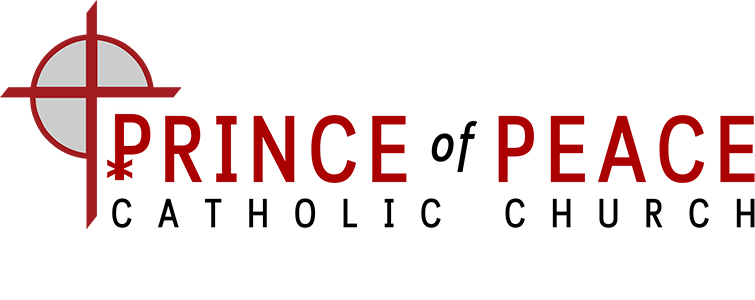After looking at ways for us to focus at Mass, let's now examine ways that we may participate at Mass. The Second Vatican Council, in its document Sacrosanctum Concilium, used a pair of words that were a large part of what we call the Liturgical Movement that took place throughout the 20th century. Now we don’t have a ton of time to examine that movement within the Church, but what we do need to know is that it greatly shaped the reform of the Liturgy. These words are actuoso participatio. They are commonly translated as active participation, but I side with many theologians who say that a better translation would be actual participation. In our American culture, we hear the word active and we think that we must physically be doing something; this is what we call activism. Activism has no place in the Liturgy.
So then, how do we actually participate?
The Holy Sacrifice of the Mass is not just the priest at the altar doing his own thing, flapping his arms around. The priest is constantly inviting all of you to join in the way that is due to the lay state. All of you are not ordained priests, so the way that you all participate is very different from mine. If you listen to the words that the priest says, he doesn’t refer to himself. I don’t just say “let me pray,” but rather “let us pray!” After the offertory, I invite all of you to pray there with me: “pray, brethren, that my sacrifice and yours may be acceptable to God, the almighty Father.”
Here are some concrete ways that you can partake in “full, conscious, and actual participation” in the Mass (SC14).
One that I gave you last week, as to focus and to understand is to actually participate, would be to follow along in the prayers and readings at Mass. To read and to pray the Mass is us consciously being aware of what is being said and what is happening, we may not fully understand the why, but being present is a great way to engage what beautiful things are happening before our very eyes! Great tools for this are to use the books in the pews or even to get a subscription to Magnificat or The Word Among Us.
Another great way to actually participate is to say the responses and to mean them. Don’t just stand there absent mindedly to say that you attended or rattle off the responses you have said a hundred times. When we say Amen, which means I believe, what are we agreeing too? When we ask the priest to make the sacrifice acceptable at his hands for my own good, what are we meaning by that? If you don’t recognize where that is from, then you are proving my point…
A complaint I often hear is “Father, I just get nothing out of Mass.” Well, fun fact, the Mass is not for you, and you are not supposed to get anything out of it. We don’t go to Mass or prayer to get things out of it. That's not true love. Do you just spend time with your spouse to get things out of them? No! We come to Mass to be with Jesus. Prayer is simply wasting time with Jesus, and if the Mass is the greatest prayer of the Church then we are coming to be with him and to waste time with him. The response I often have is “what did you bring to Mass?” When we come to Mass, we should be bringing whatever joys, struggles, sorrows, pains, and prayers for other people. These are what we would refer to as our Sacrifices. Offer all of these things to the Father through Jesus at the Mass. When we come with something to give and to sacrifice, I guarantee you that the Mass will change for you.
A final great way to participate is to not leave early. Staying to the end of Mass is incredibly important. We wouldn’t leave with 5 minutes left in a movie, we wouldn’t walk out on our spouse before they are done speaking with us. Why do we think that it is okay for us to leave Mass early? If it's an emergency, that's a different story. But I don’t believe that a hundred of you have an emergency every single Mass.
On this note, I would like to bring up one factor I’ve heard recently. Mass does not have a time limit set. At some of our Masses, as we have so many people, we are going to go over an hour. Recently someone complained to me that Mass really needs to be at an hour, that if you are coming to Mass early and staying after that we are encroaching on their day. That is the completely wrong attitude to have towards the Mass. We are here to be with Jesus, end of story. Do you set a time limit for the amount of time that you spend with your spouse? Why are we setting time limits for the time that we spend with Jesus? Now I’m not saying that Mass should take 5 hours, but a little over an hour is nothing to complain about. St. John Vianney once said that “if we truly understood the Eucharist, we would die of joy.” How could Mass being a little over an hour be a problem?
